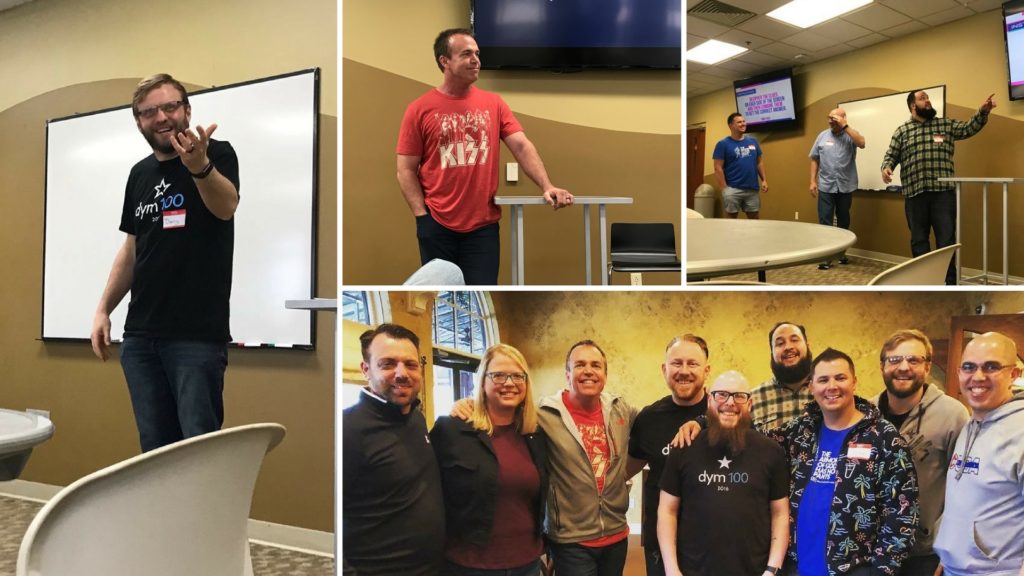Help Me With… Small Groups
There is no end to the list of the way God can use a small group leader in the life of a student. If you grew up in youth ministry and were to name a leader who impacted your life and your relationship with Jesus, chances are, that relationship was fostered in the context of a small group.
We’re given such a unique opportunity to walk alongside teenagers as they begin their faith journey, and we hope to steward that time and authority well.
Our DYM Team searched through thousands of resources, blog posts, and podcast episodes to bring you only the best to help you train and equip your small group leaders to succeed in this new school year.
Leader Training
Leader Tools
- 500 More Questions to Get Teens Talking
- Student Ministry Postcards
- Small Group Conversation Focused Games Bundle
- View All
Kick-Off Curriculum
Blog posts to help you with all things small groups…
We combed through our blog to find the posts that we thought would be most helpful.
Podcasts to help you with all things small groups…
We combed through the podcasts in our network to find the episodes that would be most helpful.
From Youth Ministry Hacks:
- Episode 9: Hacks on Launching/Starting/Training Small Groups from Scratch (start at 15:30 for tips on launching small groups: finding leaders, encouraging students to sign-up, setting the foundation, choosing curriculum, and more!)
From The DYM Podcast:
- Episode 238: Katie is In Rwanda (start at 12:50 for tips on maximizing the effectiveness of tables in the larger programs to move students into small groups)
- Episode 256: Jessica Steps In For Matt (start at 6:36 for tips on small group leader training and getting involved in students’ lives outside the church)
- Episode 262: The 3 Amigos (start at 7:00 for tips on clever ways to find new small group leaders)
- Episode 332: Grown-ups Are Teenagers, Just More Stubborn… with Jess and Kurt (start at 6:10 for tips on transitioning to small groups for the Fall–the importance of shaping and communicating the vision and purpose of your groups to your leaders, and a brief chat on follow-up.)
- Episode 333: LIVE at Orange 2018 w/Sound That’s as Good as Rethinking YM’s podcast (start at 21:00 for tips on restoring health in your small groups and the importance of defining your strategy.)
Videos to Help Train Your Leaders…
The DYM Leader Training Library is full of 10-15 minute videos designed to help you train and equip your volunteers as they care for the students entrusted to them. Here are a few we think might help as you prepare your leaders for another year of small groups:
Students spend their days trying to fit into their group, class, culture or school… and in doing so they try to push down or stifle the uniqueness God has put in them. Imagine if we, as shepherds, we’re able to know and call out that uniqueness in each teenager. Heather Flies gives 4 easy-to-remember steps to help each of us identify and call out a student’s individual gifting so we might better help each student discover and embrace who God created them to be.
Doug Fields teaches leaders to consider 3 very important questions as they disciple, lead small groups and mentor teenagers. Do you care about me? Can I trust you? Do you know what you’re talking about? The answers to these questions are essential for all caring adults.
We all want to grow ministries and students that are rooted in God’s Word. In this short, 10-minute training video, author and professor Crystal Kirgiss, offers three levels at which students can engage with the Bible and easy steps leaders can take to help them dive deeper.








 The timing was perfect too!! I
The timing was perfect too!! I 